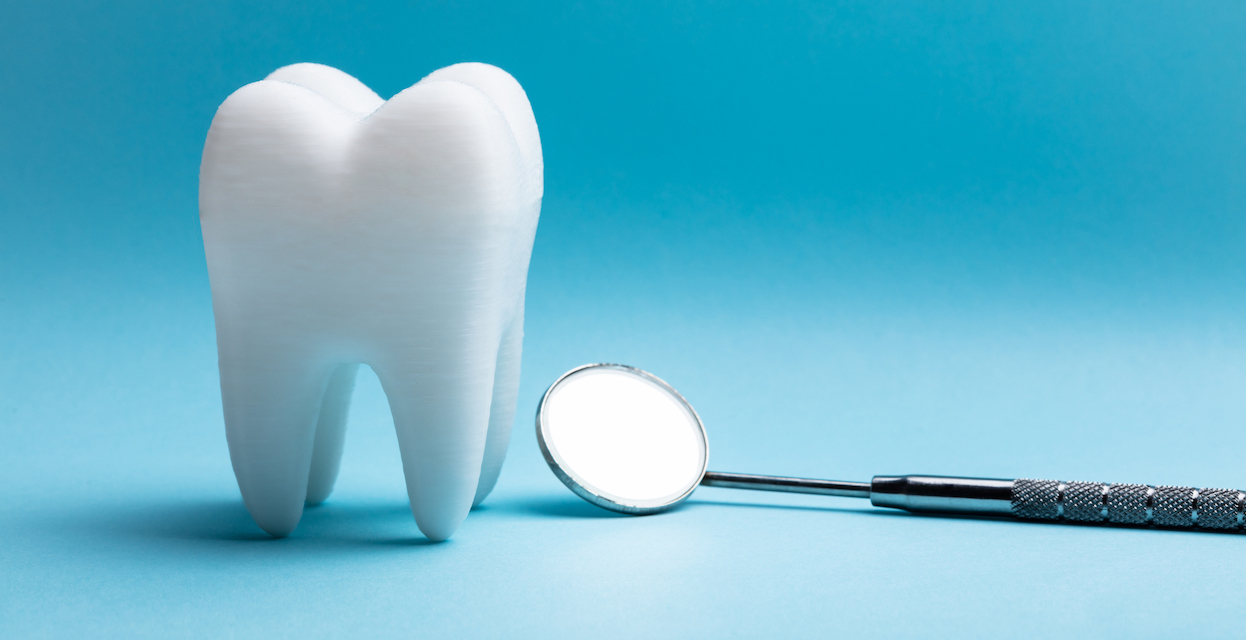Do You Have Soft Teeth?
Many people who think they have “soft teeth” actually have teeth that are less likely to hold up to everyday wear and tear even with a good oral hygiene routine. Those who believe they may suffer from such a condition are more likely to have regular dental appointments as a result of tooth sensitivity, cavities, toothaches, and other issues—no matter how well they look after their teeth. The truth is, however, there is no such thing as “soft teeth.”
Causes of Soft Teeth
Having weakened enamel is a more common problem than having soft teeth. Heartburn or acid reflux are two common culprits that make the teeth more susceptible to enamel damage and cavities. With acid reflux, as the stomach acid flows up into the esophagus and mouth, the teeth are exposed to erosive acid.
Weaker teeth will have an unusual appearance such as chalky or brown lines or spots on the teeth. However, only a small number of people have soft or very weak teeth. For a tooth to be soft or weaker, it needs to have experienced an event that would damage the tooth while it was developing (except wisdom), and the development usually ends around the age of 14. Children who are very ill or malnourished or those who have excessive bacteria and infections are likely to have soft teeth.
Causes of soft teeth include:
- Hormonal imbalances
- Fever
- Malnutrition
- Vitamin deficiencies
- Trauma
- Dental decay
- Bacteria
- Infections in baby teeth
Misconceptions about Soft Teeth
Unlike the many stories that are promoted Teeth do not become soft due to pregnancy, breastfeeding, adult diabetes, and allergies.
Cavities are most likely developing because of a poor diet and/or poor oral hygiene. Soft teeth do not develop later in life. The events listed may contribute to a change in oral health, but they are unlikely the cause of “soft teeth.”
How to Keep Your Teeth Strong
Establish a good oral health routine and brush your teeth at least twice a day, flossing at least once per day.
Make sure you brush your teeth correctly using the correct amount of force and at the same time not using too much force, which can have a detrimental impact on the tooth. An electric toothbrush is a common recommendation by dentists as they ensure a more effective clean without damaging the tooth and gums.
Floss properly by going up the side of the tooth and touching the gum line. If, in doubt, ask your dental hygienist for a tutorial during your next visit.
Where possible, limit sugary foods and drinks. These types of foods allow bacteria in the mouth to thrive. Other high in acid foods should be eaten in moderation, such as citrus fruits, cheese, dairy,and processed meats.
Switch out sugary sodas and juices for more water. This will reduce the acid levels in the mouth and allow the saliva to do the work it is designed for.
Keep up with regular dental examinations every six months for a consultation and professional clean. Your dentist will be able to identify any areas that need attention or weak spots in your teeth. If you feel any sore or aching teeth in the morning, make sure to mention it, as this could be a sign of grinding teeth at night, which may require a night guard.
If your dentist notices unusual signs or dental erosion, they may suggest that you make an appointment to speak with your GP. Although changing what you eat and drink can help when suffering from acute GERD, unfortunately, dietary and lifestyle modifications are not sufficient to bring chronic GERD under control. As a result, people who suffer from chronic GERD, and so are more susceptible to the side effects of dental erosion, may need to be prescribed medication to help reduce their stomach acid level.

